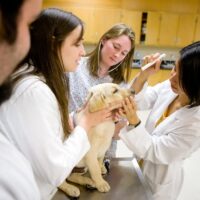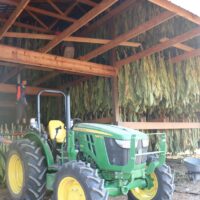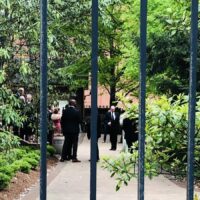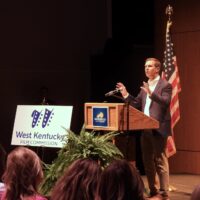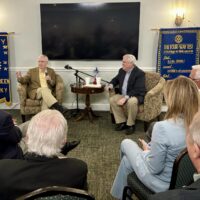As Mark and Tammy Copenhaver looked to the future, they saw nearly 3,000 acres and a family legacy on the vast Montana horizon in both literal and figurative ways.
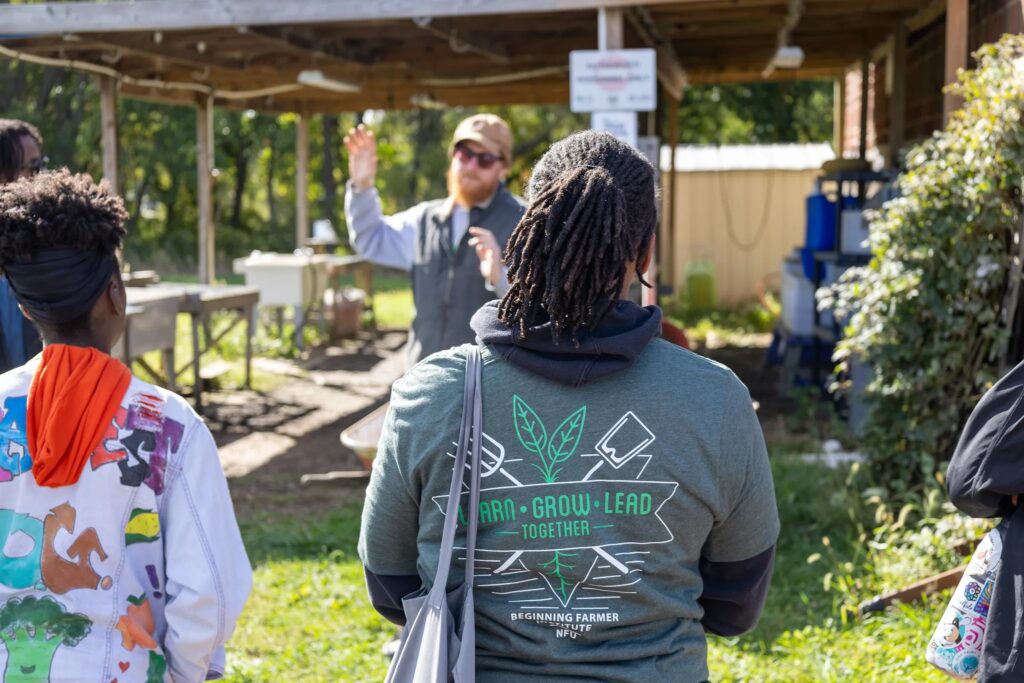
With two grown children, the family was in place, but the desire to build something greater – that could be their kids’ future, too, if they so choose – was also part of the picture.
Those realities, combined with a dose of pandemic-induced social distancing and a chance to buy an extended family member’s farm, led the couple to venture into the world of Black Angus cattle production in 2020.
- SUBSCRIBE: Sign up for our newsletters
The challenge: Between the two of them, the couple had limited agricultural experience, and none in cattle.
That need-to-grow knowhow led Tammy Copenhaver to participate in the National Farmers Union’s (NFU) Beginning Farmer Institute (BFI), a cohort-based program that shares fundamental knowledge for those entering the agricultural industry.
“It kind of brought it home: We’re all doing the same thing,” Copenhaver said of the program’s benefits. “We’re all trying to feed America. We’re just doing it in different ways.”
The NFU is currently accepting applications for the program’s next cohort, which runs from October through December. The deadline to apply is July 1, and participation for its 12 to 15 members is free. Most of the programming is done virtually, with limited, in-person time.
“I think, especially for new and beginning farmers, it’s hard to start farming – especially if you don’t have that generational access to farmland,” said Lisa Buckner, education coordinator for the NFU. “Certainly, we are not solving that problem. But I think the least an organization can do is provide educational resources like this. If that helps alleviate some of the barriers to access, for new and beginning farmers in getting started, I think that’s a really important thing.”
The BFI’s start
The NFU had its start in Texas in 1902. Over nearly 125 years, the grassroots organization’s membership has grown to more than 230,000 family farmers and ranchers across the country, Buckner said. She also noted that the organization advocates through three prongs that include cooperation, legislation and education.
More than a decade ago, the latter element evolved to include the BFI. The program has evolved with time – this year is the first that it’s offered over 10 weeks instead of quarterly – but its mission remains a foundation. Instead of instruction on their specific focuses, it’s built around fundamental aspects of business in agriculture.
“Each week is dedicated to a different farm-business-health topic,” Buckner said. “Those range from business formation to taxation and accounting, cash flow and credit, and land access. Everything that someone would need to know for a healthy farm or ranch business.”
The program began because of issues facing the agriculture industry, said Emma McCormick, senior director of engagement at the NFU, which includes the aging farmer population.
“Last year, the average age of the participants was 36,” McCormick said. “The overall goal of the program has remained the same, which is to help farmers overcome the challenges they might face in their career, and enabling them to run successful operations.”
Those U.S. farmers and many others are part of a much larger picture – one in which the number of farms is the lowest since the Civil War.
That fact was a takeaway from the 2022 USDA’s Census of Agriculture. On its website, the national ag agency also pointed out that the farming industry is more removed from daily interactions than it once was.
“Early 20th century agriculture was labor intensive, and it took place on many small, diversified farms in rural areas where more than half the U.S. population lived,” notes the website. “Agricultural production in the 21st century, on the other hand, is concentrated on a smaller number of large, specialized farms in rural areas where less than a fourth of the U.S. population lives.”
Reclaiming farming and forming connections
That fact was an early influence for Lexi Linsenman, another recent participant in the BFI program who operates Small Circle Harvest near Columbia, Missouri, a college city of more than 126,000.
Her early years were spent in St. Louis, a much larger city, “where farming wasn’t a visible job,” she said. “I never knew it was something I could be one day ‘when I grew up,’ so I never pursued it.”
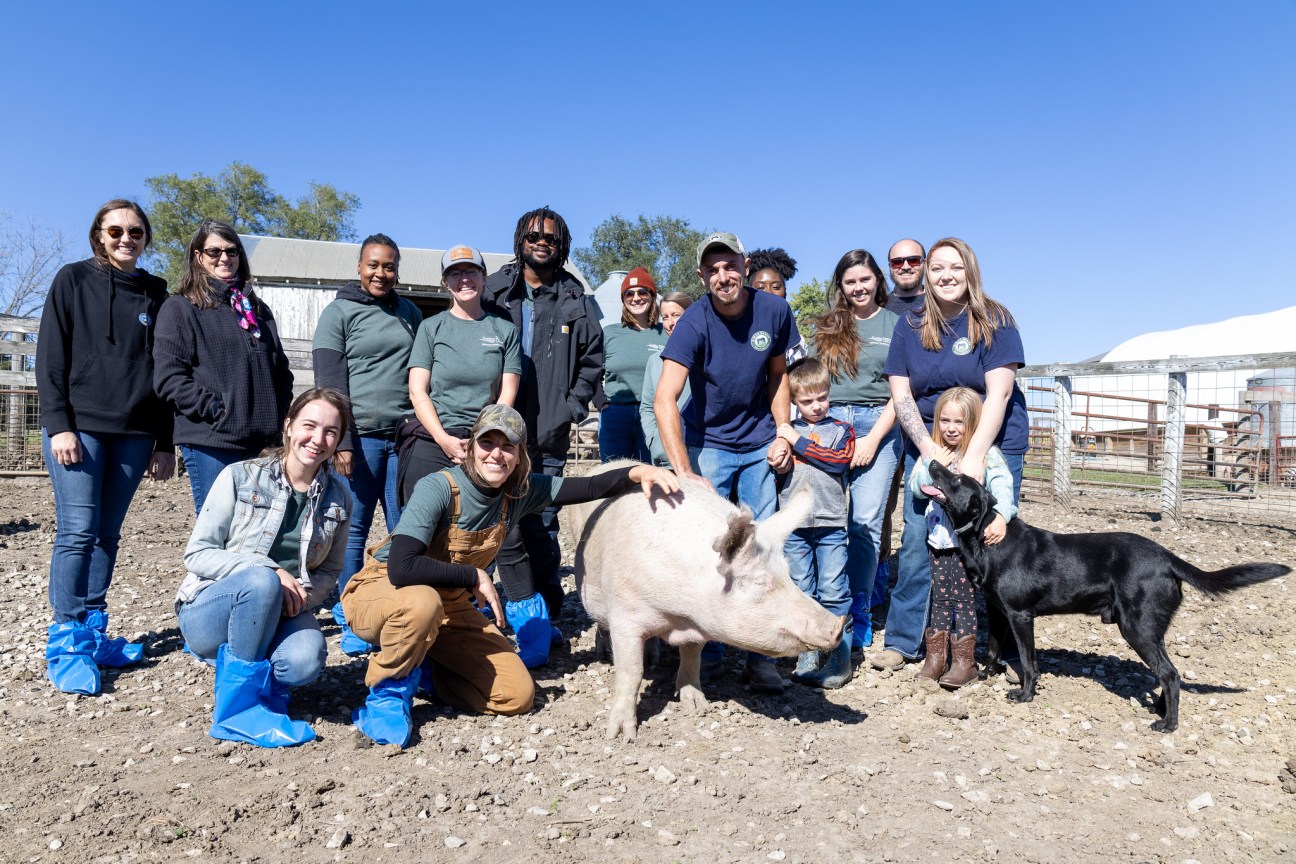
Instead, Linsenman worked with food in other ways, such as the culinary arts and dietetics. The knowledge she learned ultimately led her to begin farming 40 acres of family land with partner Tanner Smith in 2020. (As she put it, “Instead of getting a Covid puppy, we got cows.”)
Since then, the operation has expanded from its South Poll cattle to include chickens for eggs and meat. There’s also hope for future growth around soil health and providing the public with new ways to connect with the land.
Foundational knowledge for those business efforts was also tied to BFI, which offered insight and perspective to help the farm grow.
“I really enjoyed the program a lot and the connections I made with other beginning farmers as well as farmers across the states,” Linsenman said. “It made me feel more confident knowing other people were going through the same struggles. I felt seen, and it really gave me a network to ask questions related to the farm.”
Roughly 1,500 miles away in Montana, that sentiment is shared by the Copenhavers at their 12MT Ranch.
“In my opinion, I think my BFI colleagues and myself have similar goals: to understand the complexities of the industry and educate ourselves, be more prepared and be able to mitigate risks or uncertainty,” said Copenhaver. “To ensure that the farmer-rancher is around for future generations.”
Buckner, the NFU’s education coordinator, says those connections are also a key benefit to the program.
“We have some really diverse cohorts,” Buckner said. “We’ll have large-scale grain farmers in the Midwest to really small urban farmers in cities like Detroit and St. Louis. So the cohorts tend to be fairly diverse in operation types and scales. I think that’s been sort of an unexpected and very welcome thing that we’ve discovered – that these classes learn a lot from each other.”
This article first appeared on The Daily Yonder and is republished here under a Creative Commons license.

